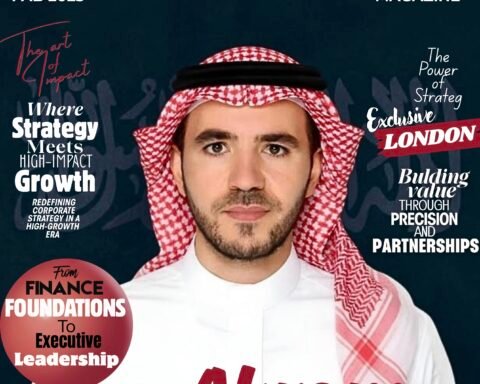In a defining moment for intergovernmental collaboration in the UK, Prime Minister Sir Keir Starmer and Scottish First Minister John Swinney met in London on Friday during the latest session of the Council of Nations. The gathering, which brings together key leaders from all corners of the United Kingdom, marked a significant step in shaping the shared future of a nation navigating post-Brexit realities, international tensions, and economic transition.
The dialogue between Starmer and Swinney touched on wide-ranging and urgent matters — from global conflicts to domestic growth. Central to the agenda were discussions on international trade, with both leaders acknowledging the transformative potential of newly secured deals with the US, India, and the European Union. These agreements, as Starmer has emphasized, are designed to not only open markets but also improve the day-to-day lives of working people across the UK.
But trade wasn’t the only pressing matter.
The closure of the Grangemouth oil refinery, a key economic and industrial landmark in Scotland, featured prominently. Swinney pressed the importance of investing in carbon capture technology and Project Acorn, a climate initiative with the potential to place Scotland at the forefront of the green energy revolution. The move aligns with the UK government’s broader ambition to achieve net-zero, while revitalizing former industrial regions with forward-looking infrastructure.
“There is a clear opportunity to turn challenge into change,” a spokesperson for Swinney noted, highlighting the mutual desire to ensure that post-industrial communities aren’t left behind in the green transition.
Alongside economic concerns, the two statesmen confronted the growing humanitarian crises in Ukraine and Gaza. Both agreed on the urgency of diplomatic intervention, peacebuilding, and sustaining humanitarian assistance in regions torn by conflict. While global in nature, these discussions reflect the UK’s renewed commitment to active international leadership — a stance Starmer has framed as “moral obligation meeting strategic interest.”
Domestic issues, too, were not overlooked. From tackling child poverty to shaping more humane migration policies, both leaders shared a vision of inclusive progress. For Swinney, representing Scotland’s distinct challenges and strengths was central. And for Starmer, bringing the devolved nations into the heart of policy-making continues to be a cornerstone of his premiership.
This session of the Council of Nations, following its inaugural meeting in Edinburgh last October, is a blueprint for deeper UK-wide collaboration. With Welsh, Northern Irish, and English leaders also present, a spirit of unity — often elusive in recent years — seemed possible, even promising.
As global shifts reshape the geopolitical and economic order, these meetings offer more than just symbolism. They represent the delicate but determined effort to build common purpose across a complex union. And in the coming months, whether it’s through investment in innovation, the pursuit of peace, or putting livelihoods first, the impact of these conversations may be felt far beyond the rooms in which they are held.
Because ultimately, politics is about people — and Friday’s meeting, in all its gravity and hope, was a reminder of that simple truth.
Let me know if you’d like a shorter version for Instagram captions or a quote graphic design idea to go with this piece.








